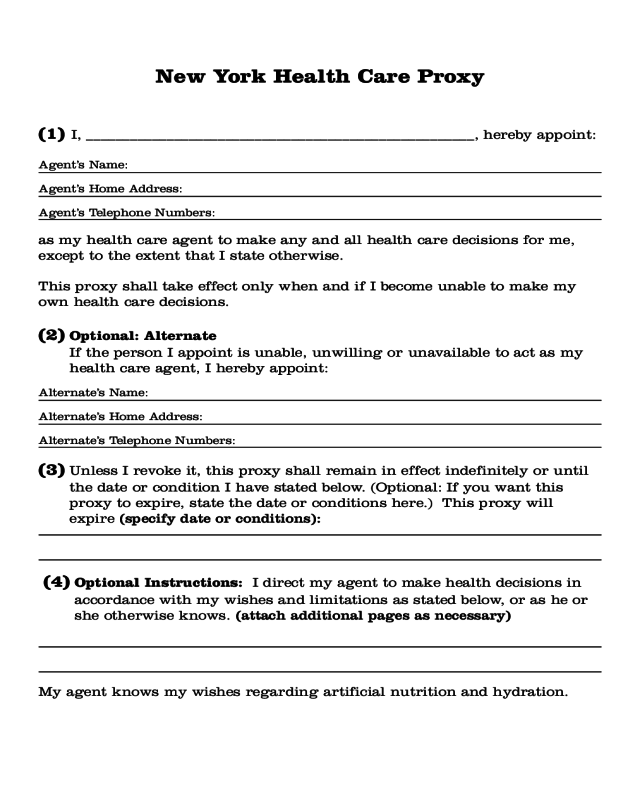"Rep. Khanna's State Based Universal Healthcare Act of 2019 is an essential asset to the movement for a universal nationwide health insurance and Medicare for All. There is strong movement in a number of states to accomplish universal and inexpensive health care at the state level. As we work towards Medicare for All, the SBUHC Act will allow some states to shift to universal, single-payer systems that can function as models https://sordusb90c.doodlekit.com/blog/entry/11617852/not-known-incorrect-statements-about-how-much-does-it-cost-for-home-health-care for national Medicare for All.
" States that desire to ensure health care to all their homeowners through a universal healthcare system face effective political resistance from the insurance industry. They should not have to deal with added difficulties from our federal government. The State-Based Universal Health Care Act would make sure that states have complete flexibility to react to public needs and fulfill the healthcare requirements of their individuals," said Ben Palmquist, Health Care Program Director at the National Economic & Social Rights Effort.
Only by running the risk of violating those laws can states attempt to create their own health care systems for their own homeowners developed by their own legislatures. The State Based Universal Health Care Act of 2019 offers that liberty. If passed, this allows far-sighted states to provide better care to more individuals for less cash, a duty Congress decreased to presume in spite of decades of deadly ineffectiveness in America's health care system.
" All of us know that our health care system is broken. The health care our families are worthy of can only be attained through a collaborated single payer system. Everyone in and nobody overlooked. The affiliates of the Center for Popular Democracy are dedicated to winning that system nevertheless we can. Many have actually been fighting, and winning, at the State level to advance universal health care in the States and Regions and Rep.
We are delighted to offer our support," said Jennifer Epps-Addison, CPD/A Network President and Co-Executive Director. "Whole Washington, a grassroots organization committed to getting single payer healthcare passed both nationally and in Washington State, proudly endorses Agent Khanna's State Based Universal Healthcare Act of 2019. Canada passed their single payer system province by province beginning with Saskatchewan, and Whole Washington makes every effort to follow a similar model.
Due to the present federal laws, it's hard Alcohol Rehab Facility for states to develop a real single payer system without waivers. Rep. Khanna's costs would streamline this procedure, making it easier for states like Washington to pass legislation that would cover the millions of uninsured and underinsured residents in our state, while leading the charge for a federal improvement," said Jen Nye, Communications Director, Whole Washington.
Khanna is also the sponsor of the Prescription Drug Price Relief Act, a expense introduced with Senator Sanders, to considerably minimize prescription drug prices for Americans. Read the State-Based Universal Healthcare Act online here. Rep. Jayapal (WA-07), Rep. Blumenauer (OR-03), Rep. Bonamici (OR-01), Rep. DeFazio (OR-4), Rep. Garcia (IL-04), Rep.
Why Is Health Care So Expensive Can Be Fun For Anyone
Lee (CA-13), Rep. Ocasio-Cortez (NY-14), Rep. Omar (MN-05), Rep. Pocan (WI-02), Rep. Pressley (MA-07) Rep. Raskin (MD-08), Rep. Schakowsky (IL-09), Rep. Adam Smith (WA-09), Rep. Watson Coleman (NJ-12) National Nurses United, Public Person, National Union of Healthcare Workers, Social Security Works, Labor Project for Single Payer, Center for Popular Democracy, One Payer States, Healthy California Now!, California Physicians for a National Health Program, National Economic and Social Rights Initiative, Whole Washington, Health Care for All Oregon, Oregon Physicians for a National Health Program ### Congressman Khanna represents the 17th District of California, which covers communities in Silicon Valley.
( Transcribed from a talk offered by Karen S. Palmer Miles Per Hour, MS in San Francisco at the Spring, 1999 PNHP meeting) The project for some form of universal government-funded health care has extended for almost a century in the United States On several celebrations, supporters thought they were on the brink of success; yet each time they dealt with defeat.
Other developed countries have had some type of social insurance coverage (that later developed into national insurance) Addiction Treatment Center for nearly as long as the US has actually been trying to get it. Some European nations began with required sickness insurance, one of the first systems, for workers starting in Germany in 1883; other nations consisting of Austria, Hungary, Norway, Britain, Russia, and the Netherlands followed all the way through 1912.
So for a really long time, other countries have actually had some type of universal health care or at least the beginnings of it. The main reason for the emergence of these programs in Europe was earnings stabilization and defense against the wage loss of illness instead of payment for medical costs, which came later.


In a seeming paradox, the British and German systems were established by the more conservative federal governments in power, specifically as a defense to counter growth of the socialist and labor celebrations. They used insurance versus the cost of sickness as a way of "turning benevolence to power". What was the United States doing during this period of the late 1800's to 1912? The government took no actions to support voluntary funds or make sick insurance compulsory; essentially the federal government left matters to the states and states left them to personal and voluntary programs.
In the Progressive Era, which occurred in the early 20th century, reformers were working to improve social conditions for the working class. However unlike European countries, there was not powerful working class assistance for broad social insurance in the US The labor and socialist celebrations' assistance for medical insurance or sickness funds and benefits programs was much more fragmented than in Europe.
During the Progressive Age, President Theodore Roosevelt was in power and although he supported medical insurance due to the fact that he thought that no country could be strong whose individuals were ill and bad, most of the initiative for reform occurred outside of federal government. Roosevelt's successors were primarily conservative leaders, who delayed for about twenty years the type of presidential management that might have involved the national government more extensively in the management of social welfare. why doesn't the us have universal health care.
The Greatest Guide To When It Comes To Health Care
They were a normal progressive group whose mandate was not to eliminate commercialism but rather to reform it. In 1912, they produced a committee on social welfare which held its very first national conference in 1913. Regardless of its broad mandate, the committee chose to focus on health insurance coverage, preparing a design bill in 1915.
The services of physicians, nurses, and hospitals were included, as was sick pay, maternity benefits, and a survivor benefit of fifty dollars to pay for funeral service expenses. This survivor benefit becomes substantial in the future. Costs were to be shared between workers, employers, and the state. In 1914, reformers sought to involve physicians in formulating this costs and the American Medical Association (AMA) really supported the AALL proposal.